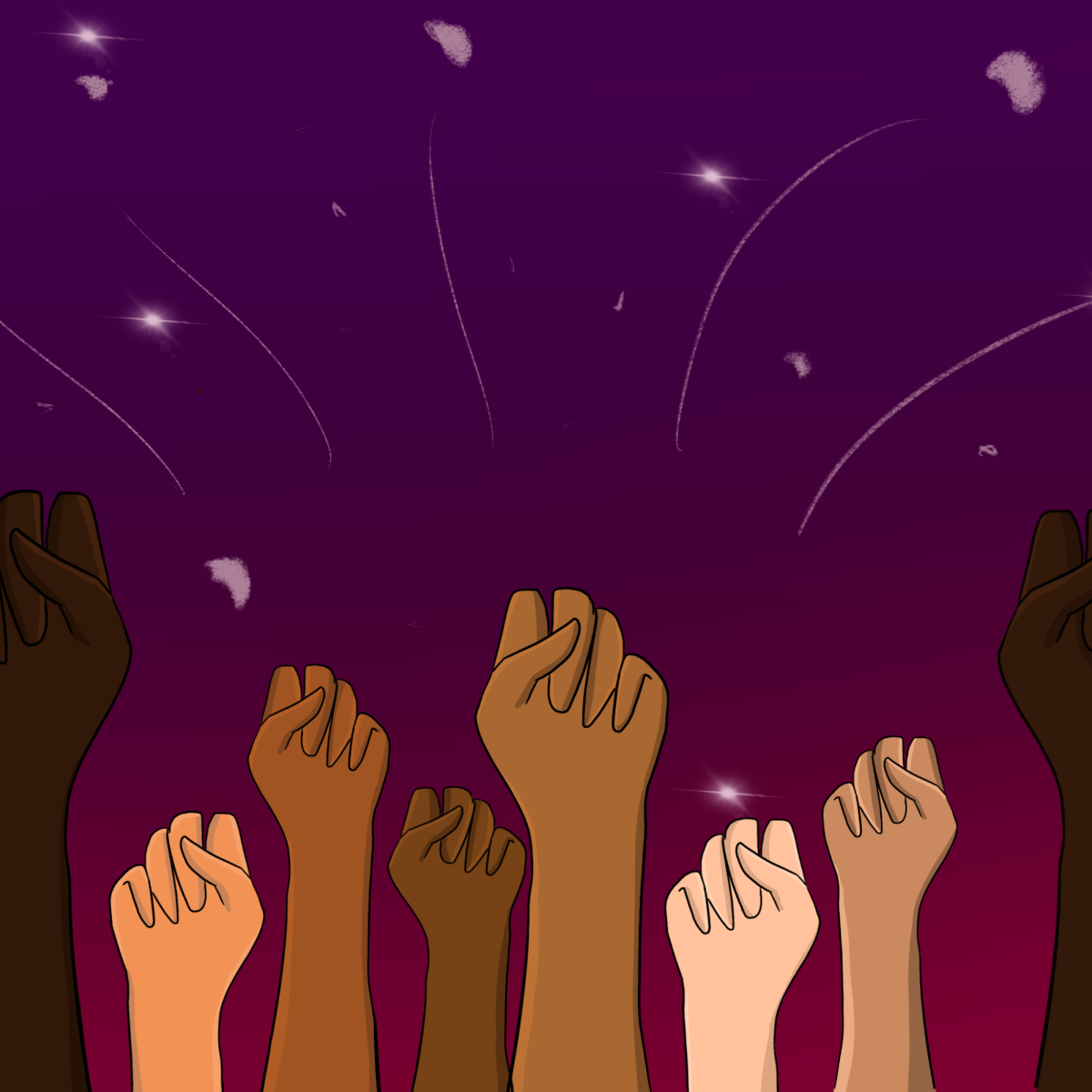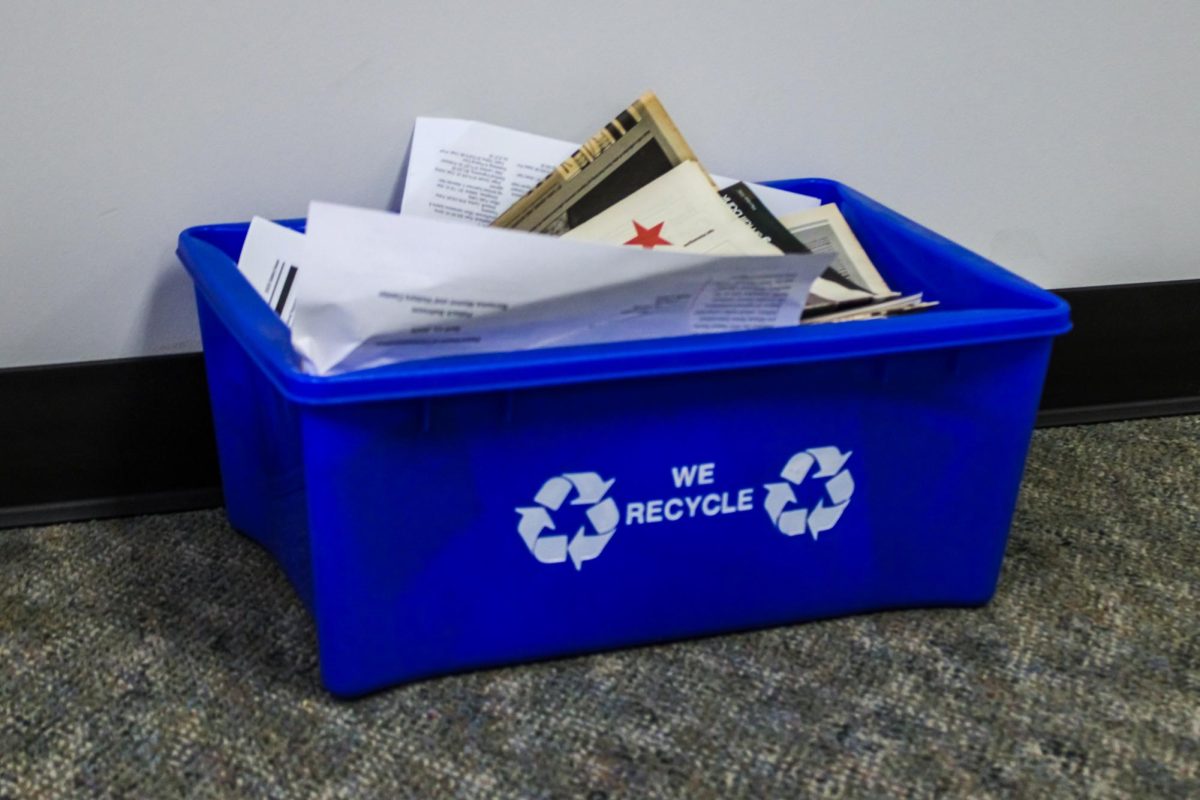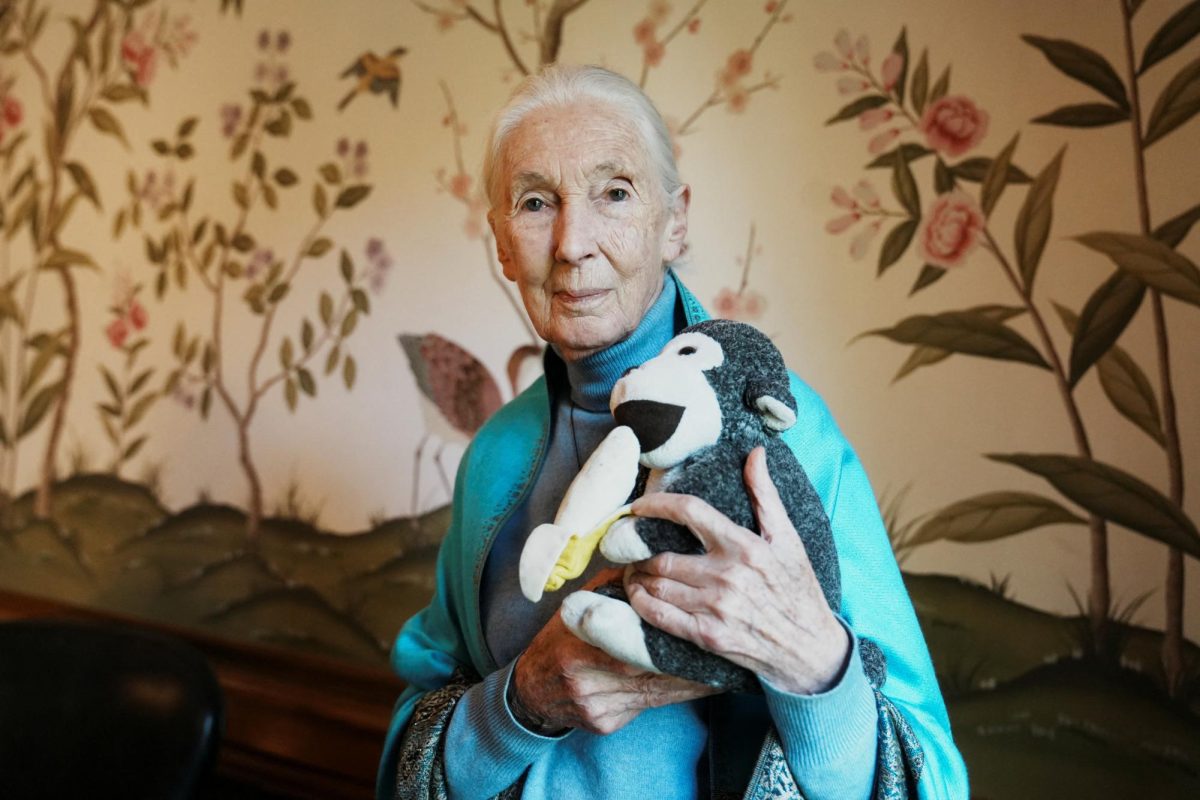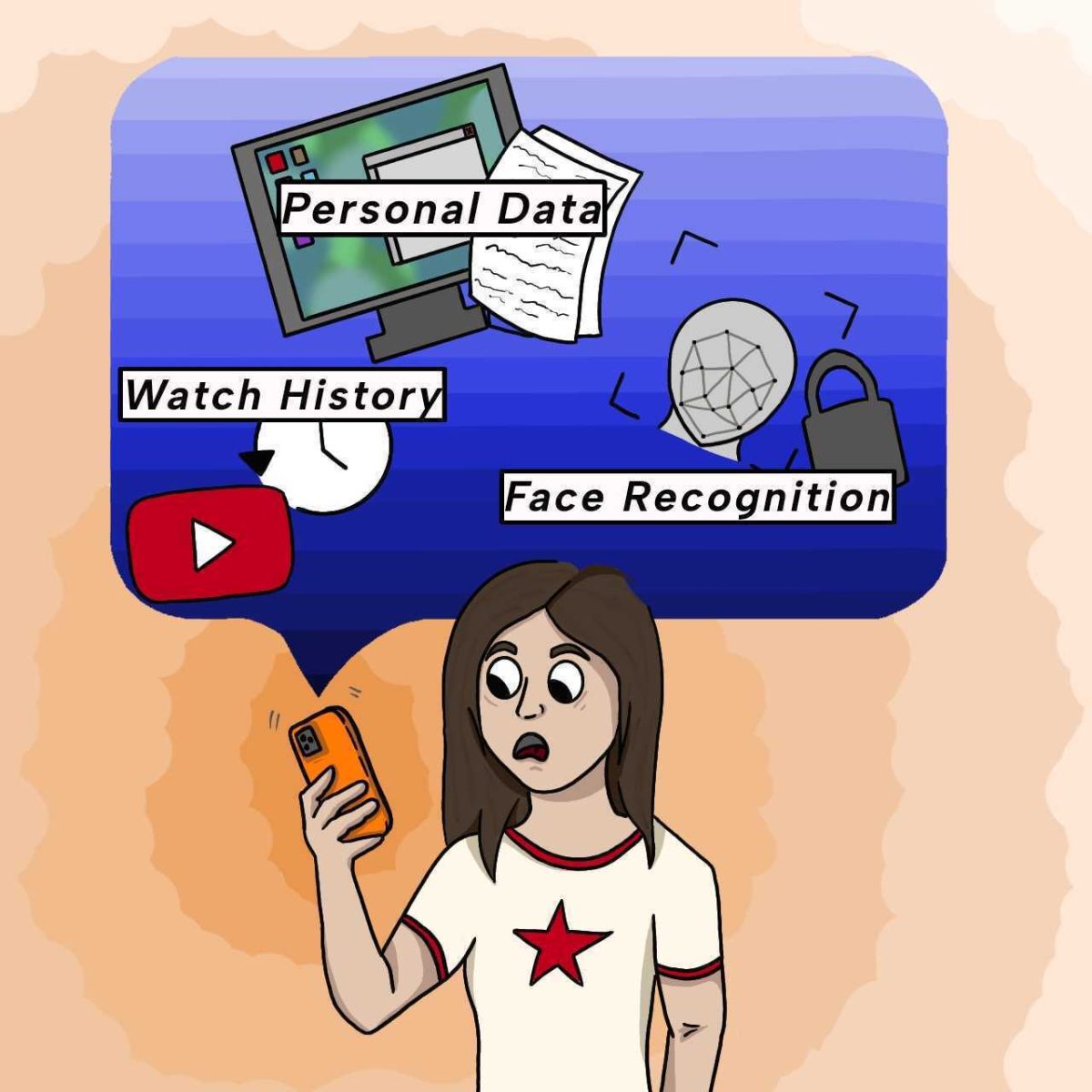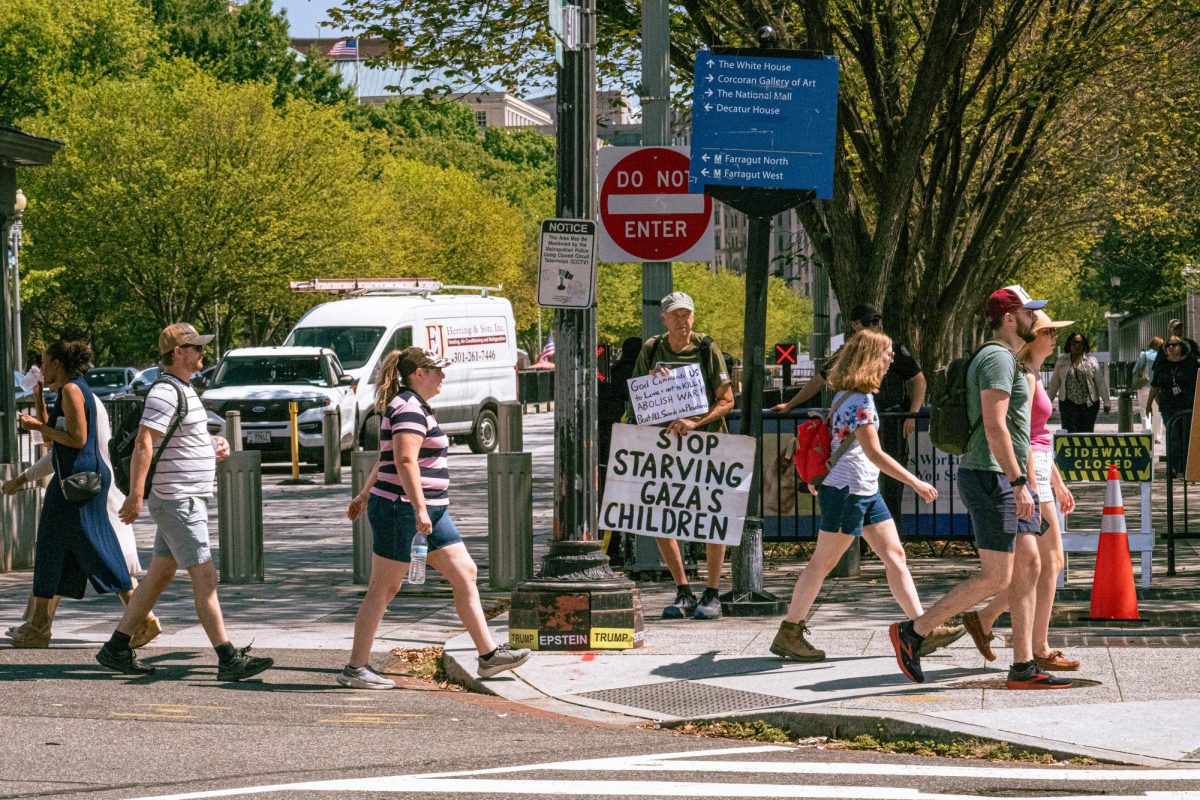With climate change, poverty and human rights violations, it is more crucial than ever to be politically engaged. College students must advocate to make a difference in their communities, express their beliefs and better their lives.
Monserrat Garcia, a junior nursing major, said her obstacles motivated her to get into advocacy.
“When you have obstacles that are constantly stopping students from continuing their education or pursuing a goal that they really want, and nobody knows about it, or people know about it, but nobody’s saying anything,” Garcia said. “How do we expect these issues to be fixed if nobody is going there? And advocacy can be scary because not everybody is going to agree with you.”
If students believe attending demonstrations and protests is the best way for them to make their voices heard and bring about change, they should participate. In addition, students can advocate for causes by participating in elections and using social media.
“When I came to the open house for the Undocumented Student Resource Center, I saw DREAM Action NIU, and I thought about the work that they do, the meetings that they hold, you know, I really saw myself being part of it,” Garcia said.
Through advocacy, students are encouraged to speak out for their values and beliefs. It is possible and plausible for students to advocate for educational equity, social justice and environmental sustainability. Students can make those in charge question the status quo or bring inequalities to light.
Student organizations like DREAM Action NIU and the First Nations Native Alliance NIU demand institutional changes that affect NIU students through advocacy efforts.
DREAM Action hosts their annual event “Coming Out of the Shadows,” which has created opportunities for undocumented and mixed-status Huskies like access to scholarships and the creation of the Undocumented Student Resource Center.
In the same manner, members of First Nations Native Alliance NIU are also advocating for the creation of the Indigenous Resource Center.
“I really have always wanted to be a help to anybody, which is why I’m going into nursing, because I love helping people,” Garcia said. “I think having the opportunity to be part of a group like DREAM Action has really pushed me to train my leadership skills, my communication skills and overall how to be a better advocate.”
Personal growth, critical thinking and accountability depend on students advocating for themselves. Students learn important academic and real-world communication skills by actively speaking for their needs, opinions and concerns, according to the Black Student Advocate.
Students in higher education are taught civic duty and community participation through local initiatives, town hall meetings and self-organized groups. Advocacy is a way to make these skills practical and use them more widely.
“I would encourage them to go for it (advocacy), you don’t lose anything,” Garcia said. “If anything, you’re gaining a lot of knowledge, you’re gaining connections with people, just really putting yourself out there.”
College students, while advocating for what they believe in, have the opportunity to meet others who have similar interests, create networks and collaborate with others to achieve shared goals. Students may be able to improve the community’s socio-economic status by working together.
“When I was part of Advocacy Day last year, I know we were really pushing for increasing the MAP (Monetary Award Program) funding for students, and with the team that I was working with, I was able to hear different student perspectives on why and how the MAP Grant really helped them,” Garcia said.
When students take action for what they believe in, they not only increase their abilities, but they help contribute to the creation of a society that is more equitable and welcoming to all people, regardless of different backgrounds.


